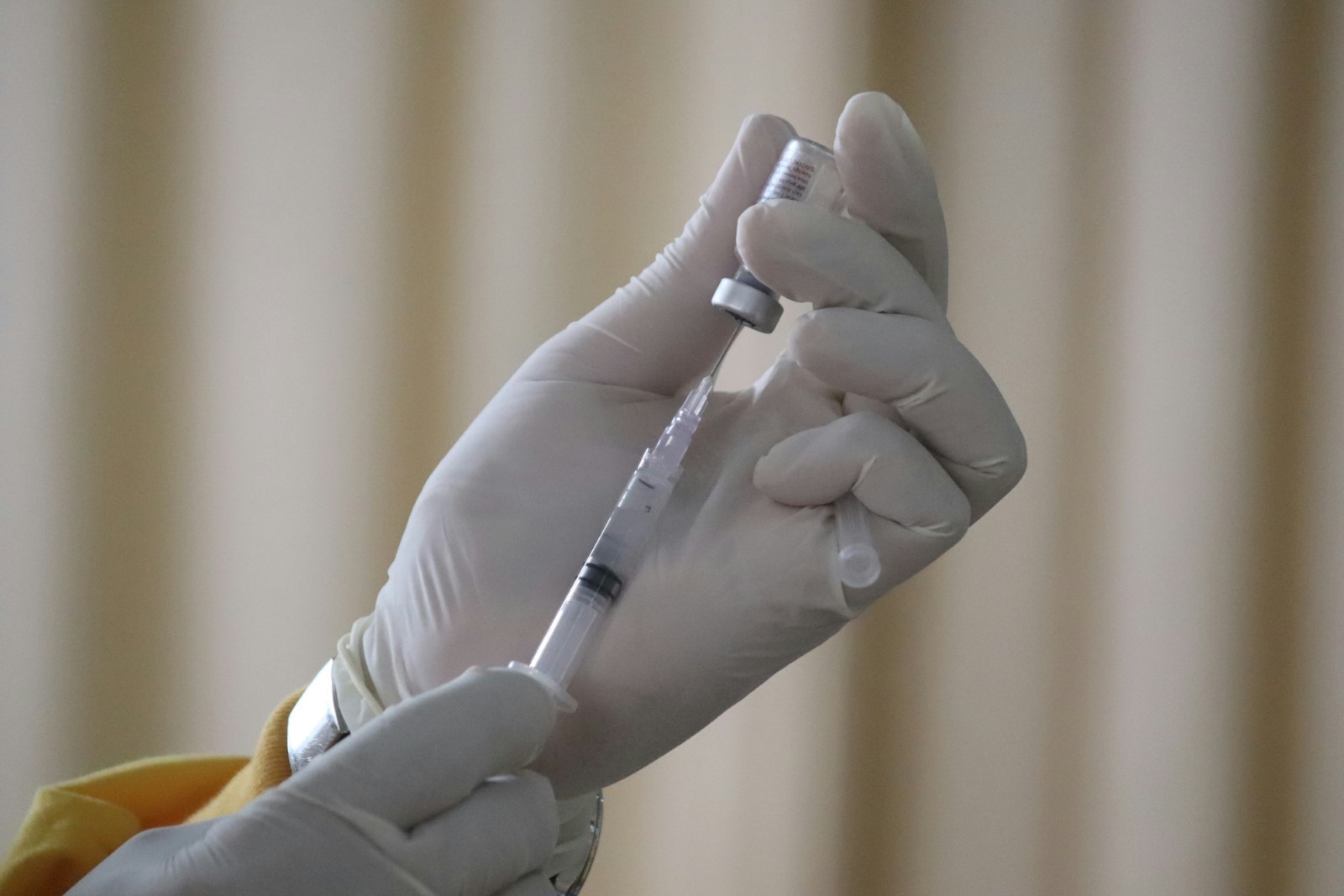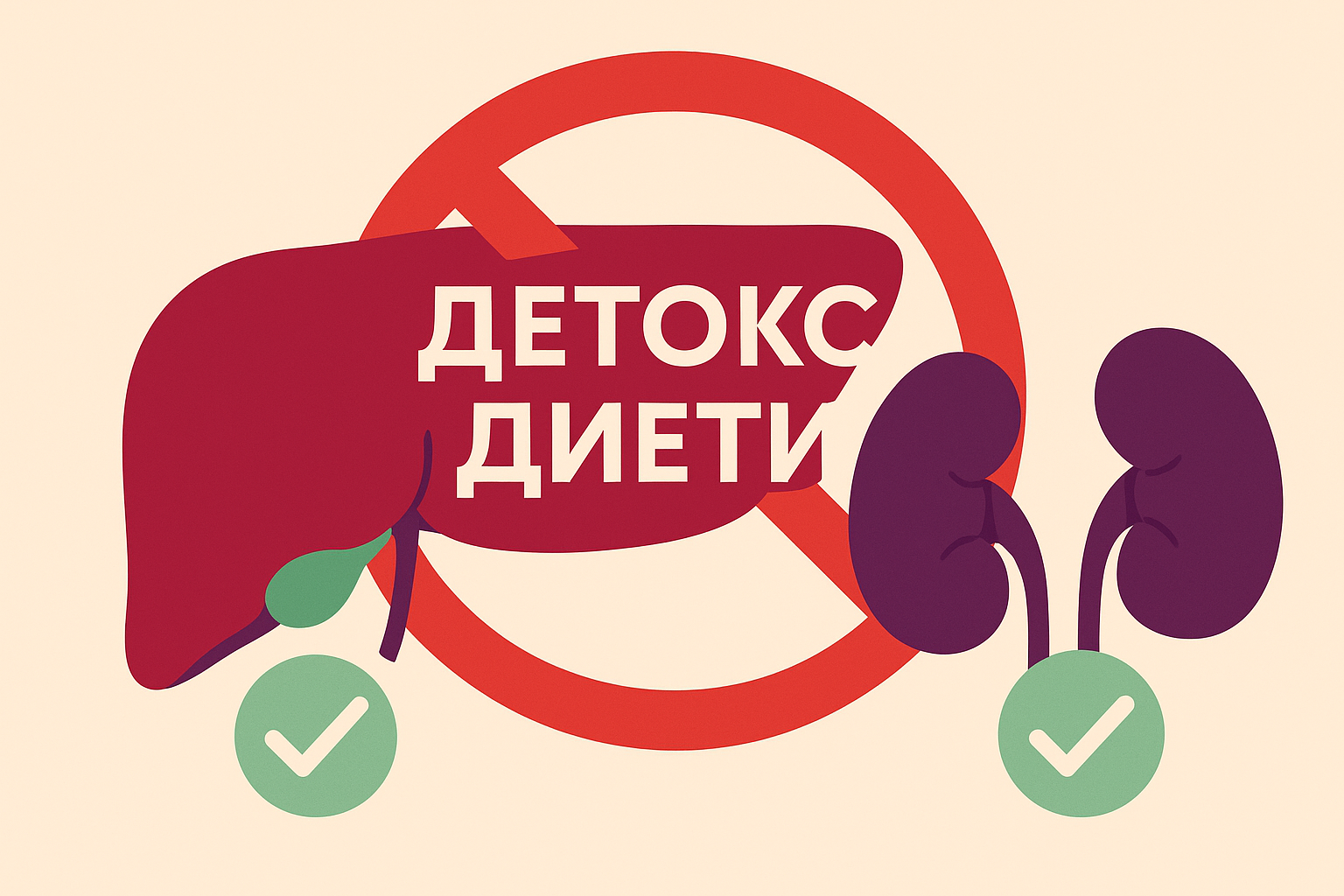Debunking popular myths and misconceptions - Cracking knuckles , drinking water and vaccinations
"We must drink 8 glasses of water per day" – myth:
The answer to this myth is hidden within itself – why exactly 8 glasses of water? The healthy organism signals the need for water through thirst (it's important to say here that when we experience thirst, dehydration has already begun). Therefore, even though it's important to drink enough fluids, there is no magical number like "8 glasses."
Research shows the body itself regulates the required amount of water. A healthy body naturally signals its need for hydration, and the sensation of thirst, although a late sign, is enough to maintain a good water balance without strictly counting glasses.

"Vitamin C prevents and cures colds" – myth:
The popular idea that high doses of vitamin C protect us from colds or the flu is refuted by scientific studies. Research has shown that large doses of vitamin C do not significantly prevent the common cold, nor do they notably shorten its duration. The best advice is to consume adequate vitamins through balanced nutrition, instead of relying on overdoses as a preventative measure.

"Cracking your knuckles causes arthritis" – myth:
The widespread belief that cracking knuckles will lead to arthritis (as your grandma often warned, "stop cracking your fingers – they'll hurt later") is not supported by scientific evidence. Studies found no connection between habitual knuckle cracking and arthritis. The "pop" sound is merely the release of gas from joint fluid due to increased pressure in the joint capsule, and is harmless (except perhaps minor weakening in grip strength). It is harmless, although possibly not polite as a habit.

"Vaccines cause autism" – dangerous myth:
This dangerous myth originated from a fraudulent study published in 1998, which was later withdrawn due to falsified data and scientific misconduct. Since then, numerous large-scale studies from various countries have consistently shown no connection between vaccinations and autism spectrum disorders. Medical organizations and professionals worldwide unanimously agree that vaccines are safe and beneficial. The danger from vaccine-preventable diseases is far greater than the unfounded fears associated with vaccines.





Comments